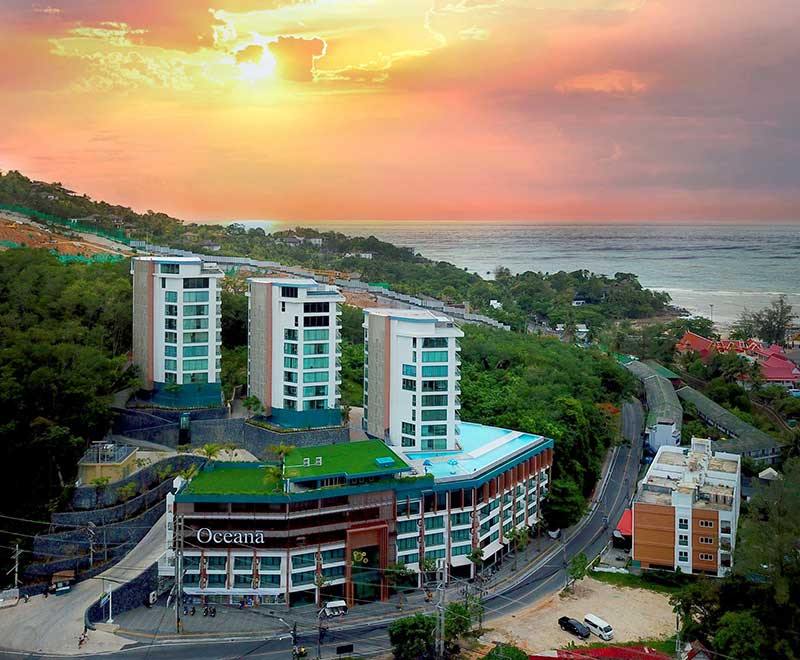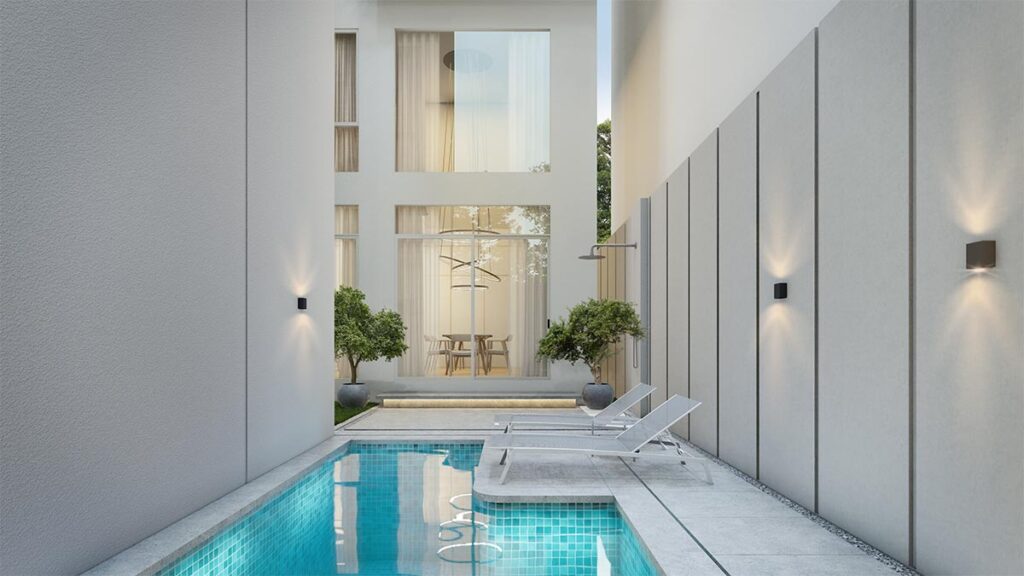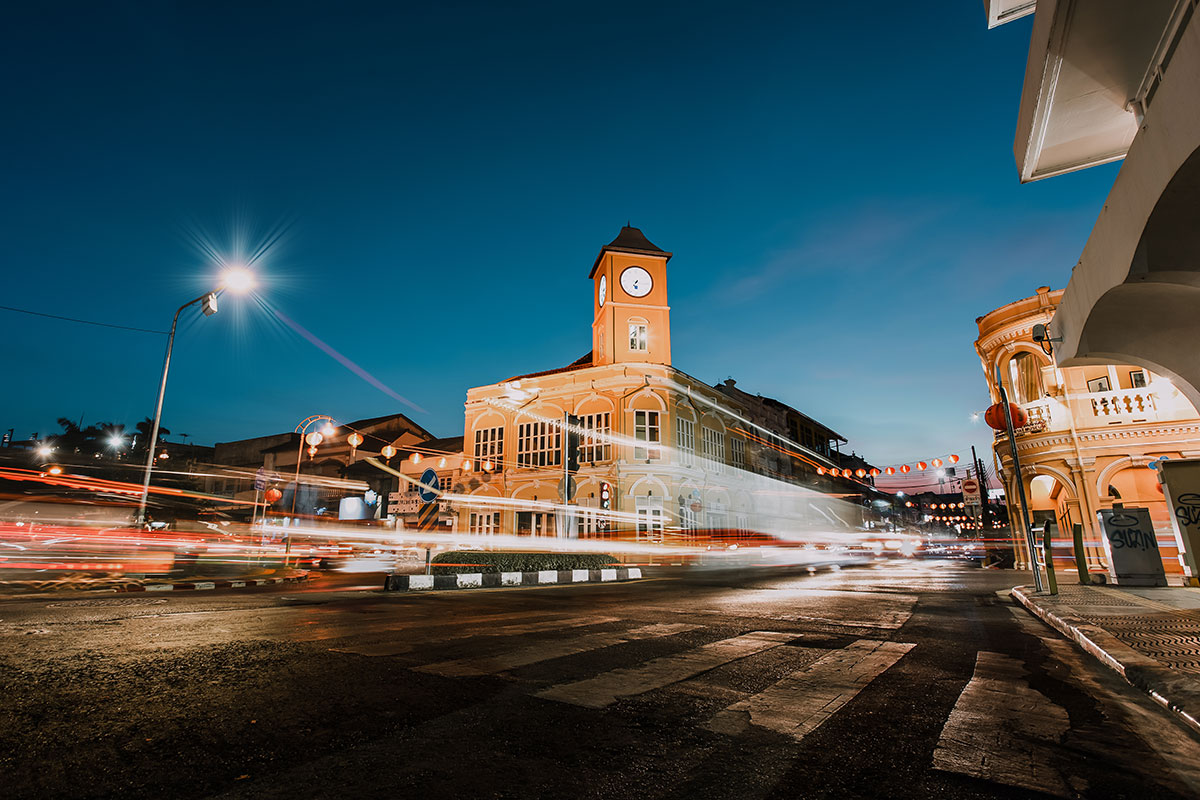Home In Phuket’s Guide to Buying a Property
At first glance, buying a property in Phuket can seem overwhelming and complicated: this step-by-step guide steers buyers in the right direction when purchasing their dream home.
Finding an agent is vital to securing a dream home at the right price and in the right location. The accurate location of a property is essential for happy living; there are many factors to take into consideration, such as health care, schools, shopping and sports facilities. A good agent will be able to identify and recommend up-and-coming developments and advise on investment potential.
Foreign property ownership is governed by Thai law; therefore, an initial understanding of these laws determines the type of residence that is available for purchase. The agency will recommend a good property lawyer who will explain legal ownership guarantees and in turn, carry out the necessary due diligence on the property. A title search on the property will confirm the current property and landowner; it will also determine if there are any outstanding liens, loans or mortgages.
Phuket, the pearl of the Andaman, is a spectacular tropical climate that affords foreign owners safety and comfortable living amongst the local population. Phuket is the largest, most established island in Thailand and offers a plethora of sporting, entertainment and shopping facilities, not to mention some of Asia’s finest beaches. Phuket offers a diverse range of places to live from beachfront, jungle, countryside and town; once the ideal locale has been determined, the house hunt begins.

Freehold Condominium
A condominium title gives buyers a ‘fractional interest’ in the property and parts of the complex such as the lobby area, car park, gardens, gymnasium and swimming pool, it also applies to the voting-interest within the owners or residents association. The benefit is that ownership is permanent and in perpetuity until the property is sold to someone else. Upon death, the condominium can be passed down to heirs. Thai law states that ownership quota will be 49% foreign versus 51% that is owned by Thai nationals.
Leasehold Apartment
A leasehold apartment merely allows ownership for 30 years, there is an option to extend the leasehold further in 30-year cycles. This only allows limited ownership, and usually, these apartments are the same value as freehold alternatives. Without the provision of a succession clause, they cannot be passed on to heirs.

Villas, Houses and Landed Property in Phuket
Foreign nationals can’t own land on a freehold basis in Thailand; however, they may have rights of ownership over the building itself, assuring ‘possession by virtue’ because the property occupies the land. The land is purchased on a 30-year leasehold basis, but with a well-drafted contract, buyers can expect extensions. Villa developers appreciate that it is in their best interests to assist the purchaser in extending the initial leasehold term. A land purchase option can also be written into the addendum of the lease; this entitles buyers to purchase the land at a later date. It is always possible that land and property ownership laws could change, hence Home in Phuket’s recommendation of a good lawyer.
Buying with a Thai Spouse
Although laws are forever changing, it is still not possible for a foreigner to own land with their legal spouse. The couple must declare that the land and house assets were purchased solely with the Thai spouse’s personal funds. The means that the foreign spouse has no legal claim to the house on the land on which it is built. It was common practice that the Thai spouse could own the land, whilst the foreign spouse could own bricks and mortar of the house. As always, Home In Phuket recommends the employ of a reputable lawyer.
Check the Contract
The contract must be thoroughly checked by the buyers lawyer to ensure that their rights are fully protected.
Taxes and Fees
Most countries have taxes and duties that need to be paid to the government. When purchasing freehold property in Thailand, there is a transfer fee, although this can sometimes be split between the buyer and seller. The developer of a new development is responsible for 50% of the payable fee. The rate is based upon the appraised value of the property and is set at 2%. If buying a leasehold property, then the registration fee is 1% of the property value and is shared equally between the buyer and seller. These transactions are carried out at the Land Registry Office.





